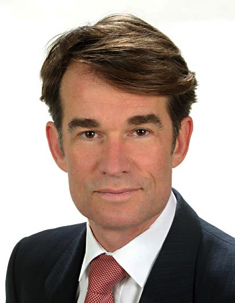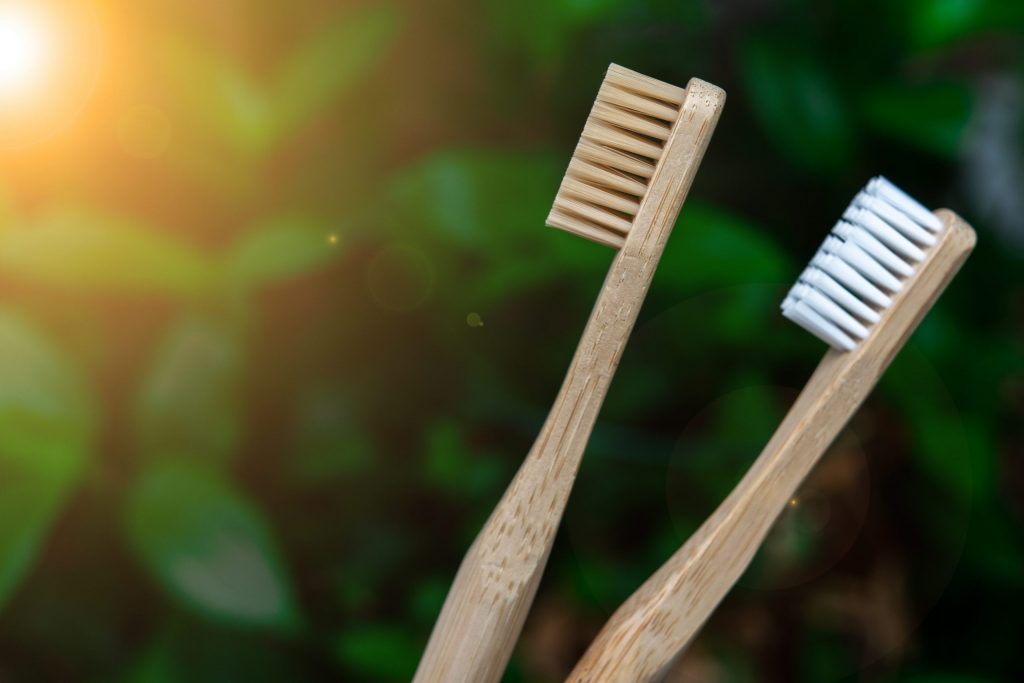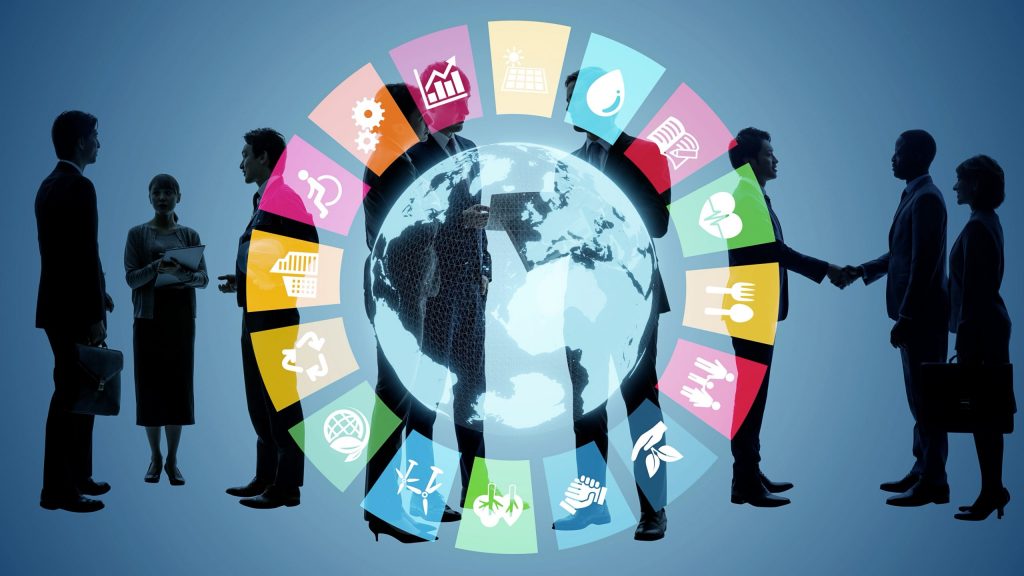Information Library
Start Reading
You probably don’t ponder our planet’s health daily while brushing your teeth. But oral and planetary health are more deeply connected than most people may realize.
 “There is a robust connection between oral health, human health, and planetary health,” says Dr. Julian Fisher, Director of Oral and Planetary Health Policies within the Center for Integrative Global Oral Health at Penn Dental Medicine (PDM).
“There is a robust connection between oral health, human health, and planetary health,” says Dr. Julian Fisher, Director of Oral and Planetary Health Policies within the Center for Integrative Global Oral Health at Penn Dental Medicine (PDM).
“New definitions of oral health from the World Health Organization [WHO] and the FDI World Dental Federation cement the idea that oral health and human health are indivisible,” Dr. Fisher explains. “And the planet’s health is directly related to our health, and our health is directly related to the planet’s health.”
Dr. Fisher is an internationally recognized authority on the interrelatedness of oral and planetary health. He has held several consultancies with WHO and the United Nations. He’s served on several National Academy of Medicine (NAM) working groups, including Health and Environment. He’s also a member of the committee that developed NAM’s Framework for Educating Health Professionals to Address the Social Determinants of Health.
At PDM’s Center for Integrative Global Oral Health, Dr. Fisher focuses on supporting oral health in all policy approaches, including in such diverse areas as water, agriculture, and urban planning.
Dr. Fisher’s work builds on a “One Health” approach. One Health recognizes how closely connected human health is to global planetary health—the well-being of plants, animals, and the environment.
The One Health approach focuses on responding to such health concerns as:
“We need to start thinking about how oral health relates to these bigger issues,” says Dr. Fisher. “What’s our link to these concepts of climate change, One Health, and planetary health? How are we going to engage in these sectors?”
 Most policy dialogue around oral health and global planetary health has focused on oral healthcare’s environmental impacts and on making oral healthcare more sustainable.
Most policy dialogue around oral health and global planetary health has focused on oral healthcare’s environmental impacts and on making oral healthcare more sustainable.
Traditional dental practices often rely on products and procedures that contribute to pollution and waste. Excessive use of single-use plastics and the disposal of mercury-containing dental fillings are two examples.
Fortunately, eco-friendly dentistry has gained traction in recent years. Also called sustainable dentistry or “green” dentistry, it encourages dental professionals to adopt environmentally friendly practices and materials. Shifting to digital dental X-rays, for instance, eliminates the need for harmful chemicals used in traditional development processes. For another example, implementing amalgam separators prevents the toxic release of mercury into the environment.
Eco-friendly dentistry is a valuable step forward. But the link between oral and global planetary health isn’t only one-way.
The rising temperatures, extreme heat, and droughts characteristic of climate change can lead to dehydration. Dehydration affects oral moisture and increases the risk of such issues as dry mouth and tooth decay. Additionally, changes in climate patterns can influence the distribution of vector-borne diseases, including oral infections.
Environmental degradation also threatens oral health. Pollutants in the environment can contaminate water sources, and the resulting chemical substances in drinking water can impact oral health. Poor air quality can make respiratory conditions worse, and the treatments for these conditions often affect the oral cavity by reducing the saliva our mouths need to defend against tooth decay and gum disease.
Worldwide, the burden of oral diseases already disproportionately affects disadvantaged populations. These populations also bear an outsized share of the effects of changes to global planetary health. Integrating oral health into global health agendas is vital if the world is to strive for health equity and improved quality of life for people everywhere.
Dr. Fisher describes a “feedback loop” between planetary health and oral health. “There are limits within the planet beyond which we cannot really go,” he cautions, “without really causing very serious, significant problems globally. To a certain extent, we’re already seeing those planetary health boundaries being approached.”
 Dr. Fisher sees the work of PDM’s Center for Integrative Global Oral Health as critical.
Dr. Fisher sees the work of PDM’s Center for Integrative Global Oral Health as critical.
“We’ve got an opportunity,” he explains, “through this policy work and through the education work, to make a significant contribution to making sure we don’t reach those boundaries, so the oral health of our children and our children’s children is protected and promoted.”
One of Dr. Fisher’s priorities is using the U.N.’s 17 Sustainable Development Goals (SDGs) as a framework for formulating policy. He says the SDGs provide a practical way to work across disciplines and sectors.
“You can look at the targets within those goals,” he says, “and you can look at indicators, and you can start thinking about, ‘How does oral health relate to this target?’”
Dr. Fisher adds the SDGs can also be applied to “education and curricula around sustainability [in healthcare] and planetary health and One Health.” He wants to give PDM students the skills they need to engage in sectors “they probably didn’t imagine, when they first came to dental school, that they would have to and need to engage in.”
“There’s an awful lot of new territory to explore,” he says, “and exciting relationships and partnerships” to pursue for meeting the challenge of improving both oral and planetary health.
Discover more about the work of the Center for Integrative Global Oral Health at PDM.